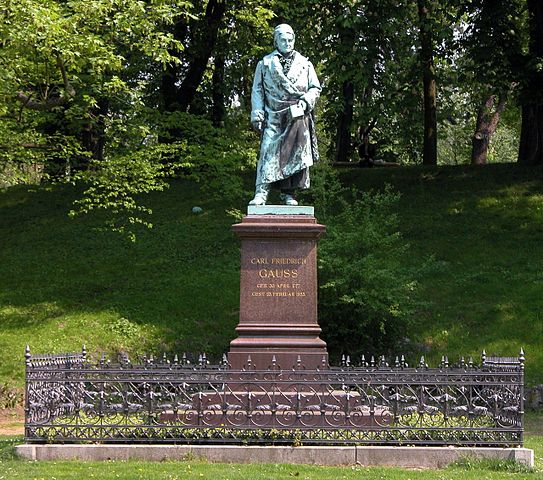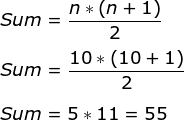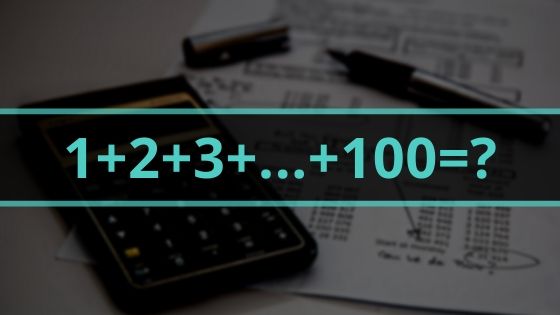Mathematics is the queen of sciences and number theory is the queen of mathematics.
– Carl Friedrich Gauss
According to a famous story, a teacher gave his primary school students a work. The work was to add every natural number between 1 and 100.
If we manually add every number from 1 to 100 as 1+2+3+4+5+…+96+97+98+99+100 – it takes a lot of time.
But instead of adding every number manually – Carl Gauss, a primary school student, figured out a structure in the puzzle. He did some mental arithmetic and wrote down the answer quickly – 5050.
This story may not be exactly true as this is a very old story. But it does give a significant insight about Mathematical thinking and Carl Fredrich Gauss.

How did Carl Gauss add natural numbers from 1 to 100?
Carl saw a pattern in the series.
The series is 1+2+3+4+5+…+96+97+98+99+100
If we add the first number of the series (1) and the last number of the series (100) – we get 101.
If we add the second number of the series (2) and second-last number of the series (99) – we get 101.
If we add the third number of the series (3) and third-last number of the series (98) – we get 101.
And so on… we get 101 everytime (50 times).
So we have 50 * 101 which is equal to 5050.
That’s a genius way to add natural numbers – especially for a student in primary school.
Another way to understand this method is by adding series twice in reverse order.
The given series is,
![]()
And let’s reverse the position of natural numbers such that,
![]()
And let’s add them. What do we get?
![]()
Now, how many 101s are there?
We started this series with 100 numbers so we have 100s of 101. So this means,
![]()
or,
![]()
We can move further and add some algebra to this technique. So that we can add natural numbers quickly.
Let’s do this!
![]()
The sum of every term is (n+1) and there are n such numbers. So adding them as we did before, we get,

This is it, the formula to calculate the sum of first n natural numbers.
This formula to calculate sum of natural numbers was known to Pythagoreans too!
Using this formula, you can easily add natural numbers.
For example, if someone asks you “What is the sum from 1 to 10?”, You don’t need to add them at all.
Here, n=10. So,

So if we add every natural number between 1 and 10, you will get 55.
Another example, the sum of first 50 natural numbers is 1275 as,
![]()
Here’s a question for you. Try it!
What is the sum of the first 20 natural numbers?
a)200
b)210
c)400
d)350
Leave the answer in the comment section below!
If you want to learn more about the series, you can read this wiki.
Frequently Asked Questions
- What is the fastest way to add numbers from 1 to 60?
-We have the formula, sum=n(n+1)/2.
We have n=60 so (n+1)=61.
Therefore, sum=(60*61)/2=1830
- What is Gauss most famous for?
-Gauss is one of the most important human beings that ever lived. He is considered to be the most genius mathematician by many. He has done work in many fields of sciences including Number Theory, Planetary Astronomy, etc. He is most famous for his works in Physics, Mathematics and Statistics.
Do you know any interesting thing about Gauss? Leave them in the comment section below. And if you like the article and want to support PhysicsDB to make more contents, you can buy the author a cup of coffee.

